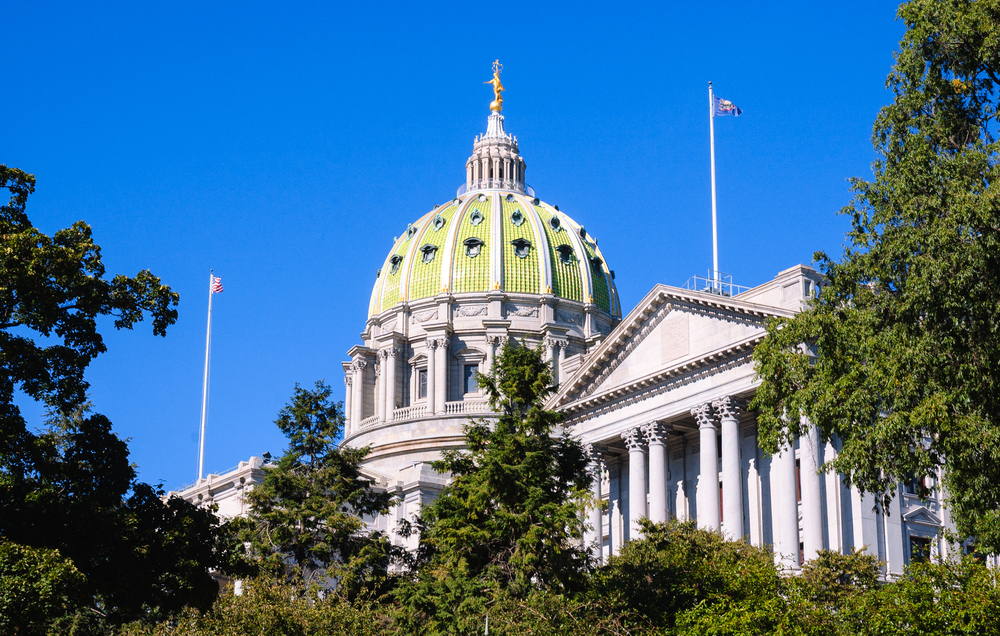
The Pennsylvania House of Representatives advanced the General Appropriations bill, House Bill 790, Tuesday by a vote of 140-62.
The $33.9 billion budget includes no new or increased taxes and devotes all of the General Fund balance at the end of the fiscal year, which is expected to be approximately $250 million to $300 million, to the Rainy Day Fund.
“It is important for the people to know that over the last few years, we have erased the state’s budget deficit,” Rep. Mike Tobash (R-Schuylkill/Dauphin) said. “This year’s budget is the culmination of several years of fiscal restraint and planning on the part of the legislature. We have worked hard to reduce spending while not imposing any additional tax hikes.”
Speaker of the House Mike Turzai (R-Allegheny) said that this budget demonstrates the benefits of prudent budgeting decisions led by House Republicans.
“When the House Republican Caucus regained the majority following the 2010 election, we set forth a vision focused on growing the economy to provide private sector, family-sustaining jobs,” Turzai said. “We also knew that we had to provide important investments in education and services for our most vulnerable – like those individuals with disabilities – while still respecting the hard-working families paying taxes.”
The budget includes an additional $432 million for preK-12 education, including $160 million more for basic education, $50 million more for special education and $10 million for career and technical education. The bill also directs $60 million to fund school safety and security grants.
The budget designates $10.9 million for these critical access hospitals, which provide care in some of the most rural parts of the Commonwealth.
“Although the budget is not everything I wanted, I believe it would invest our resources wisely and would not increase the burden on taxpayers,” Rep. Pat Harkins (D-Erie). “I’m especially encouraged about the substantial increases for public education and pre-K resources – including increased funding for my school districts – and additional funding for nursing homes and home health care operations.”
The budget also increased funding for agriculture by more than $19 million, or 12 percent, including funding for a Pennsylvania Rapid Response Disaster Readiness Account and a new agriculture business and workforce investment program.
Pennsylvania’s General Fund tax revenue is up 6.3 percent this year over the 2017-18 fiscal year, personal income tax revenue increased by nearly 5 percent, sales tax revenue increased by more than 7 percent and Corporate Net Income (CNI) tax is up by 17.4 percent.
Pennsylvania’s unemployment rate has decreased from 7.9 percent in January of 2011 to 3.8 percent today, the lowest rate since state-level records began in 1976. The state’s Gross Domestic Product (GDP) has increased from $599 billion in 2010 to $789 billion in 2018, a 15 percent increase in real GDP, while state population has grown by less than 1 percent.
“As this year’s budget shows, growing the economy is the key. We remain committed to improving the lives of our hard-working families and creating opportunity for each Pennsylvanian,” Turzai said.
House Bill 790 now heads to the Senate for consideration.